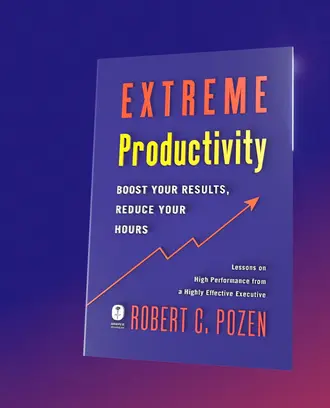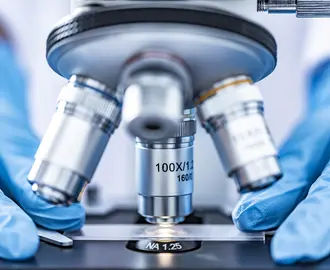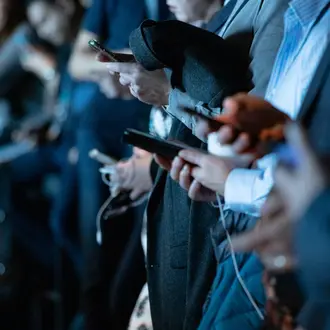Cambridge, MA, May 21, 2018—The Cambridge Analytica scandal has left many people wondering about the power of microtargeting campaigns designed to change behavior by encouraging people to do everything from voting for a certain candidate to buying certain products. But less well understood is the power of microtargeting influential people to continue to spread behavior in a network once the message has been circulated. The premise is that if a campaign can change influencers behavior, they will then influence the behavior of their friends and followers. If data from companies like Facebook and Twitter can improve the identification of influentials, then microtargeting could affect behavior beyond those that receive persuasive messages to those that are persuaded by influencers to also change their behavior. That’s the topic of a new study published today in Nature Human Behavior by Sinan Aral and Paramveer Dhillon of the MIT Sloan School of Management.
“If you can change behaviors through microtargeting, what role do influencers play in spreading those behaviors beyond the reach of the targeting campaign itself?” asks Aral. “That’s a crucial question for those wishing to influence everything from elections, to health campaigns, to product adoption.”
Social influence maximization to increase the spread of behaviors in society through the identification of influencers has been a subject of theoretical analysis in computer science, physics, sociology and network science, for the last twenty years. But the work has largely ignored whether empirical data can improve the process. This new study demonstrates that it can, and substantially. Not only does the use of data improve influence maximization by up to 87%, reaching more people and thus changing more behavior, but the influencers identified through data are also qualitatively different. They are less well connected and less central in the network, and they have more cohesive, embedded ties with their contacts. In other words, they are not just celebrities, but “ordinary influencers” like you and me.
This study provides some of the first evidence that empirical data from social networks also improves the effectiveness of how to choose the influencer. In the same way that Facebook data can be used to improve the targeting of persuasive messages, this study proves that empirical data can improve the identification of influencers as well.
“It’s important to note,” adds Aral, “that data like these can be used for good or ill. For example, influencers can be used to interfere with legitimate democratic elections through the spread of propaganda or to help people quit smoking, to spread immunizations or to support legitimate marketing campaigns.”
About MIT Sloan School of Management
MIT Sloan School of Management is where smart, independent leaders come together to solve problems, create new organizations, and improve the world. Learn more at mitsloan.mit.edu.



